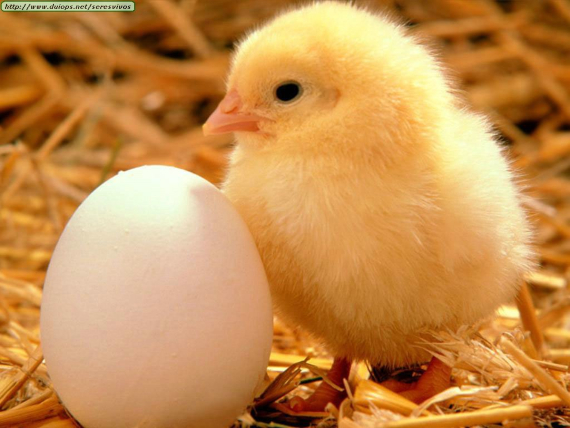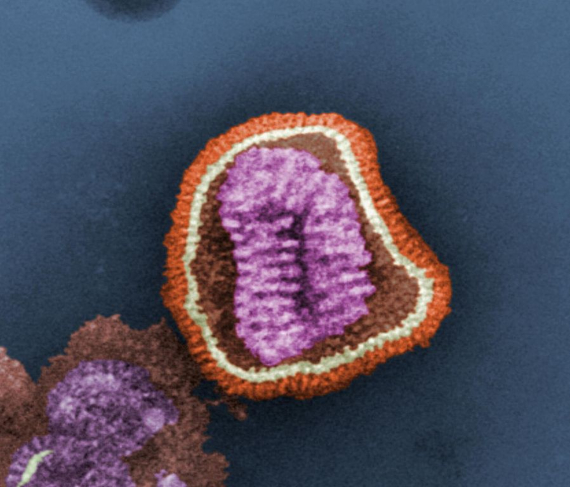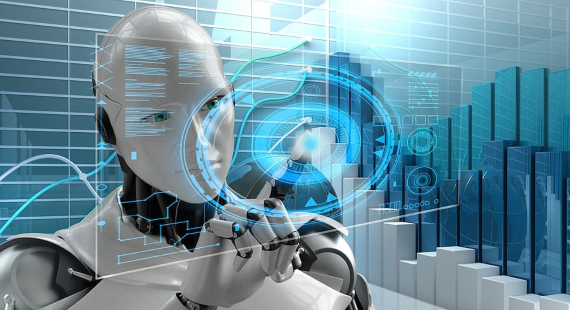Anyone who has been curious to know how life is defined in the dictionary is unlikely to have come away with a clear answer. For the Cambridge English dictionary, life is “the quality that makes people, animals, and plants different from objects, substances, and things that are dead”; the official Spanish dictionary from the Royal Spanish Academy speaks of the “force or essential activity through which the being that possesses it functions.” In other words, both dictionaries are saying that life is the quality that living beings possess. But we should not reproach dictionaries for their deficient explanations. While life has had its own science to study it—biology—for more than two centuries, it is perhaps the only scientific discipline that has been unable to define the object of its study; there is no agreed definition of life among biologists. This raises questions without clear answers, such as whether viruses are alive. And if one day we find life on other worlds, will we know how to recognise it?

Defining life is an endeavour as old as human thought; however, as Aristotle discovered, it is not a simple task. The Greek philosopher did not find a way to boil down the definition of life other than by referring to that which is possessed by living beings, which in turn are those that possess life, a circularity that is still found in today’s dictionaries. More than two millenniums later, we are still not free of doubt. Nowadays, children usually learn in schools that living beings are organisms that are born, grow, reproduce and die, but the reality is much more complicated. The biochemist Daniel Koshland recalled how at a scientific congress someone asked whether an individual rabbit was dead, since it takes two, male and female, to acquire the ability to reproduce. And does anyone doubt that a forest fire can be born, grow, reproduce and die?
Cases that defy definition
Without going as far as such exotic examples, there are cases in the domains of biology that defy definition. The paradigmatic model is viruses, which lack some of the basic attributes cited in classical definitions of life: they have no cells or metabolism, and cannot replicate without the machinery of the cells they invade. “If you ask biologists if viruses are alive, half will say yes and half will say no,” planetary scientist Charles Lineweaver of the Australian National University tells OpenMind. “We should stop assuming that we know what life is.”
Koshland was one of the scientists who contributed his definition of life, based on seven pillars that form the acronym PICERAS: program, improvisation, compartmentalisation, energy, regeneration, adaptability and seclusion. This complex description unites the more than one hundred definitions provided over time, and which the molecular biophysicist Edward Trifonov gathered and analysed to try to extract from all of them a minimum common multiple: “Life is self-reproduction with variations,” he wrote, understanding variations as the changes on which biological evolution acts.
The capacity to evolve is, in fact, a characteristic often cited to essentially define life. According to NASA’s astrobiology division, “life is a self-sustaining chemical system capable of Darwinian evolution.” At McMaster University in Canada, the biophysicist Paul Higgs has further developed this idea by establishing a gradualness in the emergence of life between simple chemistry, chemical evolution—also Darwinian—and biological evolution, and by placing the boundary between non-life and life between the latter two. “I think my definition of biological evolution would include viruses,” Higgs tells OpenMind. “They are clearly able to evolve,” he adds. “The usual argument for not counting viruses as alive is because they depend on host cells for replication and gene expression, but this has always seemed secondary to me. It is like saying that a predator is not alive because it depends on the presence of its prey species.”
Are viruses alive?
For Higgs, the fact that viruses do not have all the instruments necessary to replicate does not disqualify them as living beings, but simply reveals an evolutionary process that took place at the dawn of life, when cells were still only protocells, and through which the necessary components could appear in a single protocell or be distributed among several different ones in such a way that fusion between two of them was required to bring together all the necessary parts. “So viruses would be like protocells with missing components,” he sums up.

“With regard to viruses, whether one thinks they are alive depends upon whether one takes Darwinian evolution or metabolism in the biochemical sense to be defining characteristics of life; viruses are alive under the former but not the latter,” the philosopher Carol Cleland, from the University of Colorado and NASA’s Institute of Astrobiology, tells OpenMind. Interestingly, this duality is reversed in another of the cases that for scientists complicate the task of defining life, and that is the possibility of finding alien beings so different from terrestrial organisms that they invalidate all our definitions: “Viruses evolve, but only metabolize by using cellular machinery, but life detection often can only infer metabolism, not evolution,” explains Carlos Mariscal, a biology philosopher from the University of Nevada, to OpenMind. “Both are similar to life as we know it, but for opposite reasons.
Abandon ‘definitionism’
This is one of the arguments that, in Mariscal’s opinion, illustrates why definitionism should be abandoned and the debate put to rest. “The features some scientists think are essential of life are exactly the ones that other scientists think are less important or interesting.” For Cleland, continuing to try to define life is a mistake, as this tells us nothing about the nature of life, but only about the meaning of a word. The philosopher argues that what we need instead is a general theory of living systems. What happens, she adds, is that for this we would need more than one example of life, something we don’t yet have: “Life on Earth represents a single example of life, descended from a common origin,” she says. “One can’t distinguish which characteristics of a single example of life are truly universal and which characteristics are not; a definition of life based on Earth life will miss truly different forms of life on other worlds.”

In fact, the issue may become even more complicated as the advance of technology brings us closer to that moment, so often portrayed in fiction, when Artificial Intelligence (AI) and robots—especially, perhaps, biohybrid robots—seem increasingly alive to us. Higgs points out that both his and NASA’s definitions refer only to chemical systems, so “AI and robots are excluded.” However, he clarifies that this is basically only a choice: “I don’t think it implies that AI and robots could not be self-replicating at some point, and we might choose to count them as some form of life at that point.” Cleland believes that discussing this now is premature, since we cannot define life, although she adds: “My suspicion is that viruses are alive, but computer simulations and robots aren’t alive any more than computer simulations of hurricanes are true hurricanes.”
In short, a definition of life neither exists, nor is expected. But according to the experts this is not a shortcoming, quite the contrary. For Mariscal, “this disagreement is fruitful; it means a rigid scientific dogma won’t just dismiss all putative cases of life.” And Higgs adds, “that leaves a lot of freedom.”
Comments on this publication